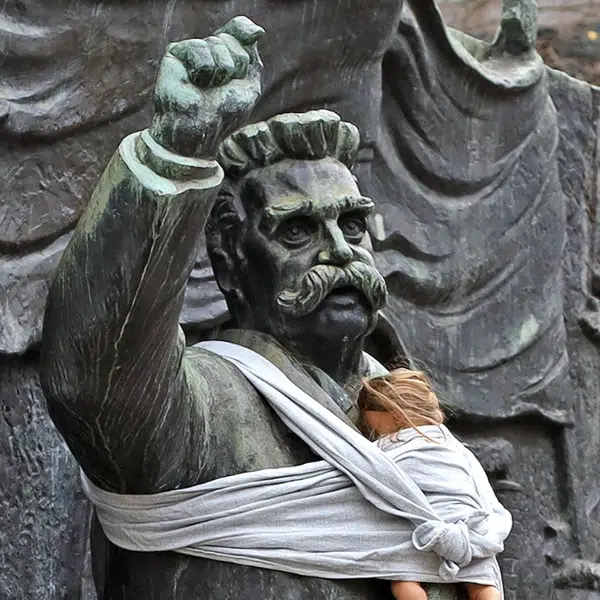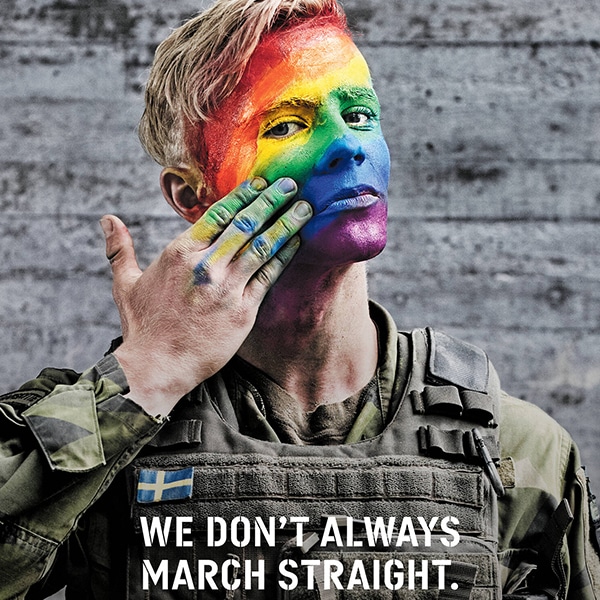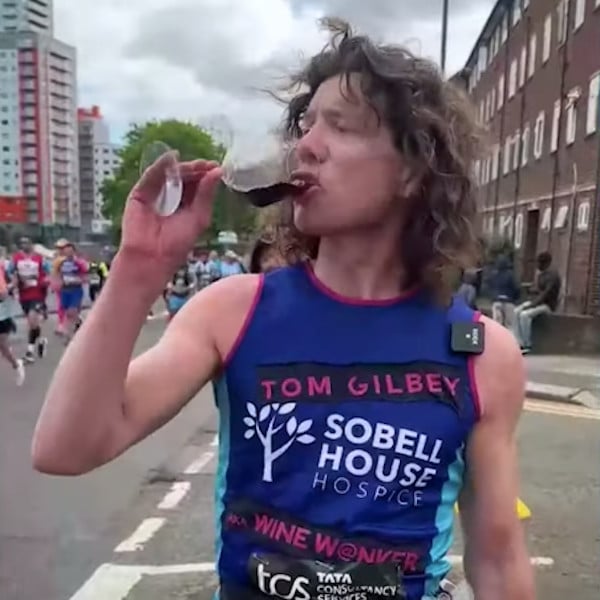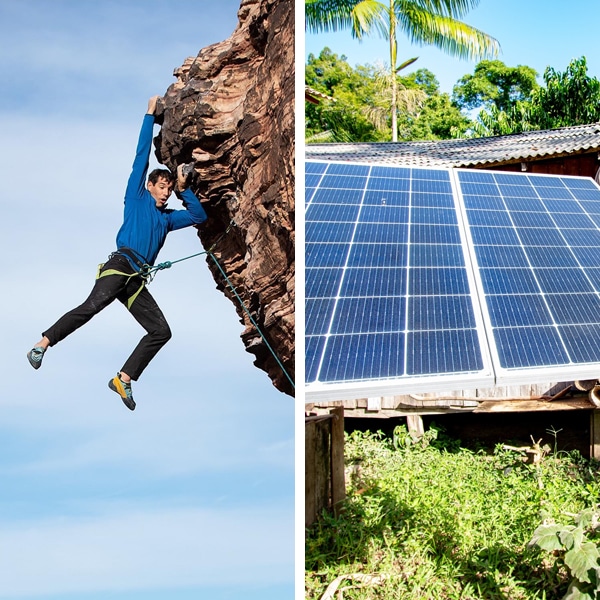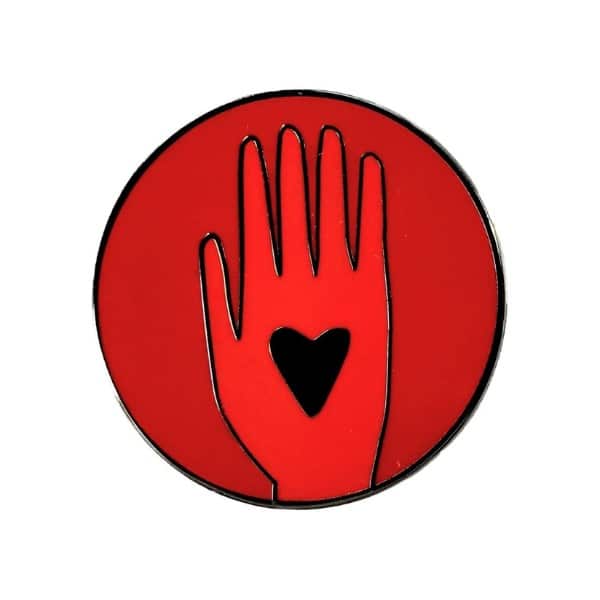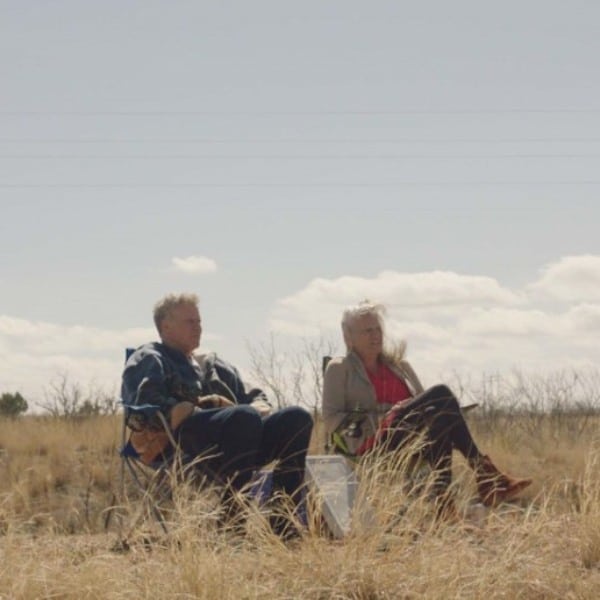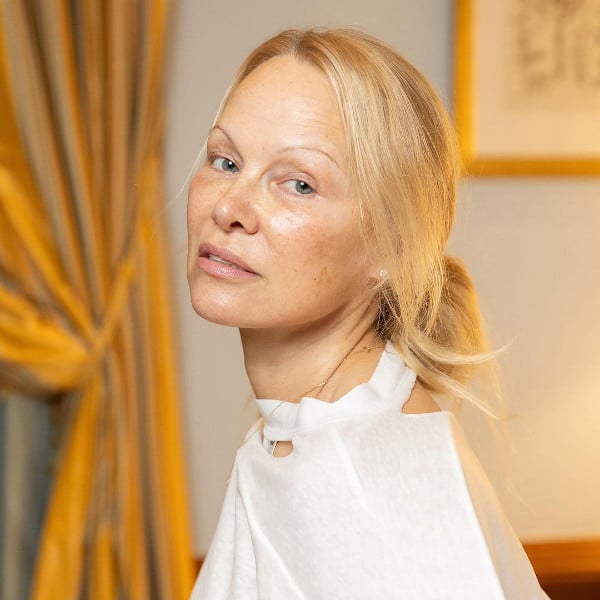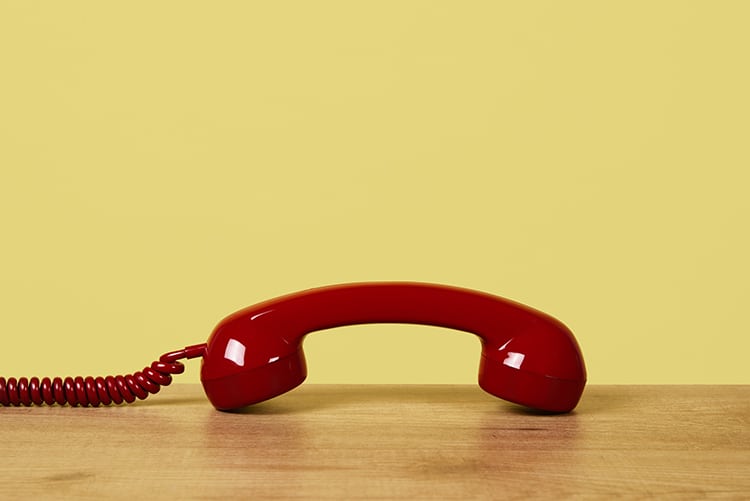
Photo: NITO103/Depositphotos
The ravages of the pandemic have cast a stark light on mental health in America. Scholars agree that teens are suffering, anxiety and depression have risen among the elderly, and suicide rates rose across the nation. Without universal healthcare, and facing the persistent stigma and fear surrounding these issues, many people have difficulty getting help. Thankfully, one barrier to accessing lifesaving care has been reduced: the establishment of the 988 Suicide and Crisis Lifeline in July 2022 has fielded over half a million more calls than its predecessor in the same period, and in many areas people can connect to help more quickly and dependably.
In 2020, the FCC adopted a new rule (how federal agencies make things happen). The rule replaced the old 10-digit suicide prevention hotline with a simple 988 number. The change, which went into effect last summer, was inspired by the ease of calling 911: everyone knows the number. The premise seems to have panned out. In its first five months, 988 received 1.7 million calls, texts, and chats. This is half a million over the volume its predecessor saw in the same time period.
When one calls, texts, or chats 988, one is connected to a network of 200 Lifeline crisis centers staffed by trained mental health counselors. These counselors had been answering calls under the old system, but the new regime's recent federal funding has expanded staffing and capacity. Data from the federal government shows Lifeline counselors responded to 154,585 more contacts in November 2022 than the same month the year before. Abandoned calls fell from 18% to 12%. Average wait time fell from three minutes to 36 seconds.
Young people in particular seem to be drawn to the text and chat functions. “We know that texts and chat are modes of communication that are preferred by younger callers, younger people in crisis, and that those younger people in crisis tend to be in more acute stages of distress,” says Dr. John Palmieri, a psychiatrist overseeing the 988 launch for the Substance Abuse and Mental Health Administration. The quicker professionals can respond, the better. The more supportive and specific, the better, too. A pilot program with the Trevor Project aims to connect LGBTQ+ callers with counselors trained in their needs. States, too, have stepped in to bolster funding and specific programs. Washington launched the Native and Strong Lifeline where American Indian and Alaska Natives in the state can call 988 and choose a culturally responsive counselor.
How is millions of people calling a suicide prevention line good news? Because each time a person calls, they are taking a huge step towards safety and healing. The lower the barrier to getting help, the better. While a call to 988 is an incredibly important first step for someone who is suffering, a new phone number doesn't solve the problem of mental health in America. Many people are not insured, cannot afford care, and cannot find providers even when they have resources. If you or a loved one are struggling with mental health, there are ways to get help. If you or a loved one is feeling suicidal or has lost all hope, call, text, or chat 988. You are loved and deserve help. If you'd like to learn more about how to advocate for better mental health care across America, check out these resources and express your concerns to your local legislators.
Early data from 988 Lifeline, the national suicide prevention hotline, suggests the simplified number has made reaching out for help easier and more accessible for those in need. If you need help, call, text, or chat 988 today. You are loved.
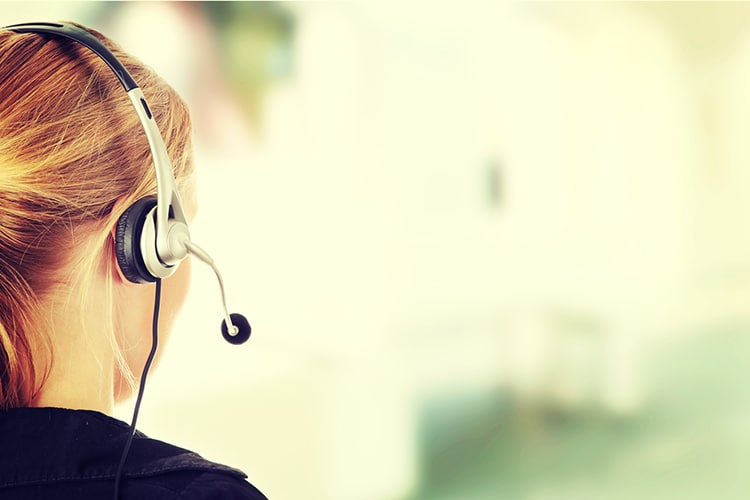
Photo: PIOTR_MARCINSKI/Depositphotos
h/t: [NPR]
Related Articles:
Former Social Worker Crafts Dolls Identical to Children Who Have Visible Physical Differences
Top British and Irish Universities Offer Free Online Courses to Afghan Women
First Florida Newborn Is Surrendered To Only Life-Saving ‘Safe Haven Baby Boxes’
‘Democracy’s Library’ by The Internet Archive Contains Government Research Accessible for All











































































